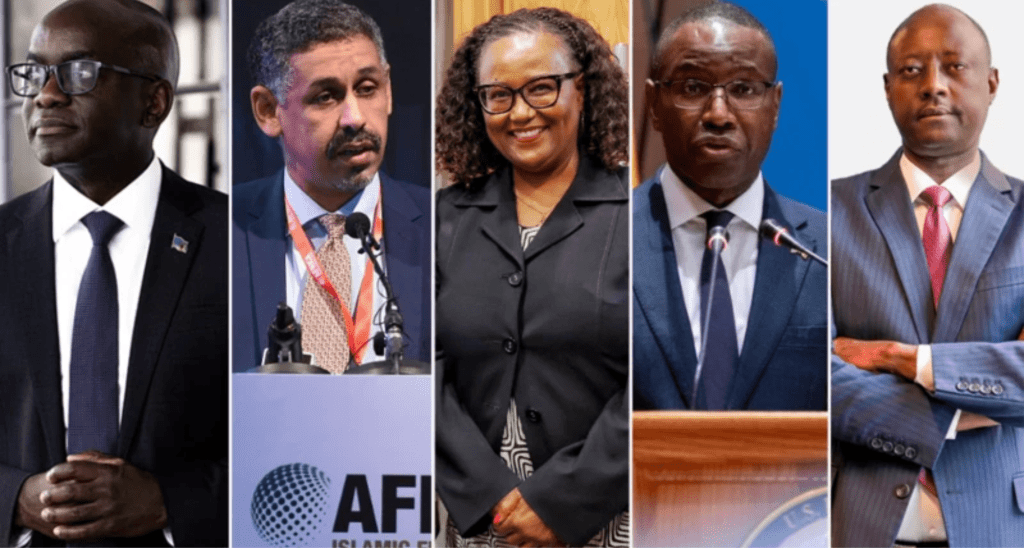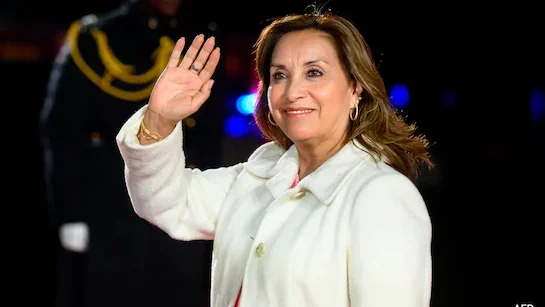The race for the presidency of the African Development Bank (AfDB) has officially begun, with five candidates cleared to contest for the top position. The selection committee confirmed the final list, setting the stage for a highly competitive election scheduled for May 2025.
Among the contenders is the incumbent, Akinwumi Adesina, who has led the bank since 2015. His tenure saw major investments in infrastructure, agriculture, and energy, positioning the AfDB as a key driver of Africa’s economic growth. Adesina’s supporters argue that his leadership has strengthened the institution’s financial standing and expanded its impact across the continent. However, his re-election bid faces stiff competition.
Sidi Ould Tah, the Mauritanian candidate and head of the Arab Bank for Economic Development in Africa (BADEA), has emerged as a strong challenger. He has emphasized the need for increased financing for African economies, particularly in sectors like renewable energy and industrialization. His candidacy has gained traction among Francophone nations and economic blocs seeking greater regional representation.
Also in the race is Cristina Duarte, a former finance minister of Cape Verde and current United Nations adviser on Africa. Duarte has built a reputation for financial reforms and governance improvements. Her campaign focuses on promoting economic resilience and sustainable development, appealing to nations seeking leadership rooted in accountability and innovation.
The two other candidates, Ibrahim Assane Mayaki of Niger and Samaila Zubairu of Nigeria, bring extensive experience in economic policy and infrastructure development. Mayaki, a former prime minister of Niger, has played a key role in shaping Africa’s economic integration policies, while Zubairu, CEO of the Africa Finance Corporation, is pushing for private sector-driven development strategies.
The AfDB election is expected to be closely contested, as African nations weigh their options for leadership that will guide the bank through economic challenges, climate change, and post-pandemic recovery. With increasing global interest in Africa’s economic potential, the next AfDB president will play a crucial role in shaping policies that impact millions across the continent.
As the election approaches, lobbying efforts are intensifying, with regional alliances forming around candidates. The outcome will not only determine the future direction of the AfDB but also reflect the broader political and economic interests shaping Africa’s development agenda.























